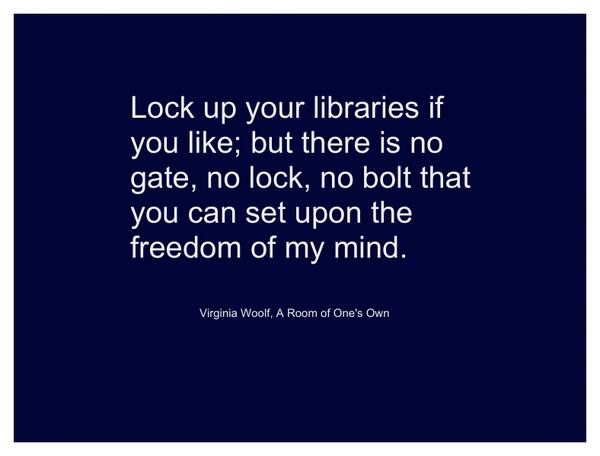
[Adventskalender] 06.12.2022 – Für Kinder und Erwachsene

Das vollständige Zitat lautet:
“Wer für Kinder schreibt, übt den Beruf des Schriftstellers unter erschwerten Bedingungen aus, und dies freiwillig. Die Regeln sind streng. Das geht von der Notwendigkeit, überschaubare Sätze zu bauen, bis hin zu den Besonderheiten des verfügbaren Vokabulars. Wer für Erwachsene schreibt, schreibt ausschließlich für Erwachsene. Wer für Kinder schreibt, schreibt automatisch für Erwachsene mit.”
Preußler, Otfried (1923 – 2013), Im Portrait auf seiner Homepage, Internet Archive
Bild: Books – Corrective Glasses – Flowers, Kamboopics (Kamboopics-License)




